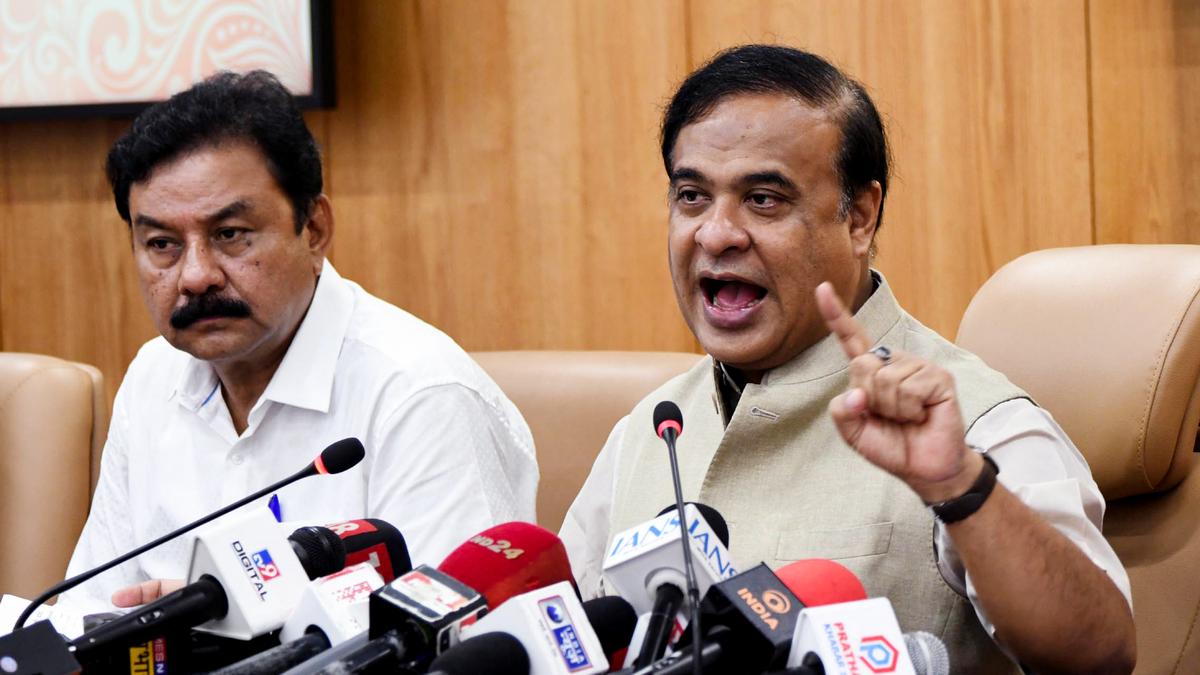Now Reading: Assam CM: SIR of Poll Rolls to Eliminate Bogus Voters in Riverine Areas
-
01
Assam CM: SIR of Poll Rolls to Eliminate Bogus Voters in Riverine Areas
Assam CM: SIR of Poll Rolls to Eliminate Bogus Voters in Riverine Areas

Quick Summary
- Assam Chief Minister Himanta Biswa Sarma announced a Special Intensive Revision (SIR) of electoral rolls to eliminate bogus voters in riverine areas, particularly teh chars (sandbars), which are largely inhabited by Bengali-speaking or migrant Muslims.
- sarma alleged these areas often have deceased individuals or peopel living elsewhere on voter lists and claimed 100% voting occurs in such places.
- Linking voter names to Aadhaar numbers during SIR was proposed as a solution to prevent duplication and ensure clean electoral rolls.
- He criticized Congress leader Rahul Gandhi’s opposition to SIR in Bihar, questioning Congress’s stance given their recent electoral successes in states like Himachal Pradesh and Karnataka.
- The Chief Minister defended eviction drives targeting illegal settlers from forest lands, village grazing reserves, and professional grazing reserves across Assam. He rejected allegations that the evictions disproportionately impact minority communities, specifically Miya Muslims (a term frequently enough used pejoratively for those with Bangladeshi origins).
- Sarma dismissed protests against eviction drives lead by groups such as the All-Assam Minority Students’ Union as ineffective.
Indian opinion Analysis
The proposed special Intensive Revision of Assam’s electoral rolls underscores ongoing concerns about ensuring fairness and accuracy within India’s democratic processes. While linking votes with Aadhaar numbers could be seen as an attempt at transparency,skepticism may arise given its implications on vulnerable populations like riverine residents who are historically under-documented. The mention of Bengali-speaking or migrant Muslim communities raises broader questions about identity verification against the backdrop of perceived biases.
The simultaneous defense of eviction drives further amplifies debates around land encroachment versus equitable treatment for all citizens. By reiterating commitments to remove “illegal settlers,” this sets up politically sensitive narratives regarding resource allocation between tribal versus non-tribal populations.
these moves point towards governance challenges intertwining identity politics with administrative reform efforts-highlighting underlying tensions that could shape political discourse at state and national levels.
Read more: Link























